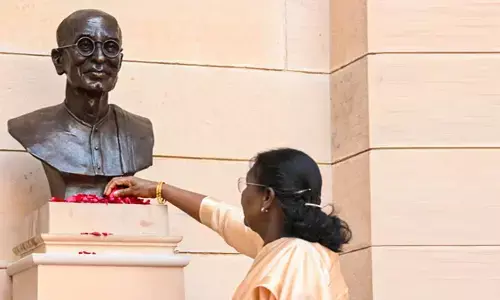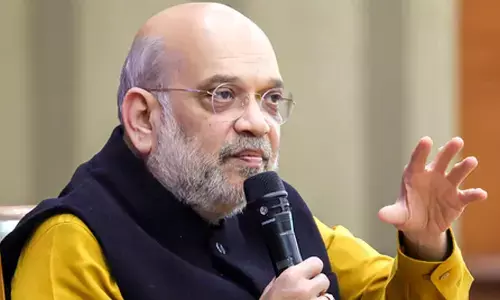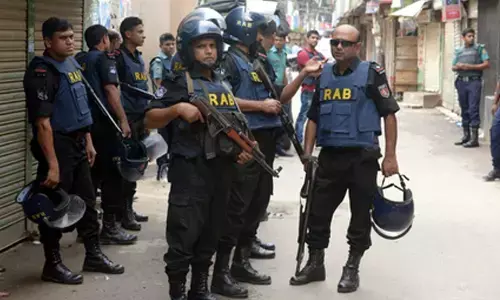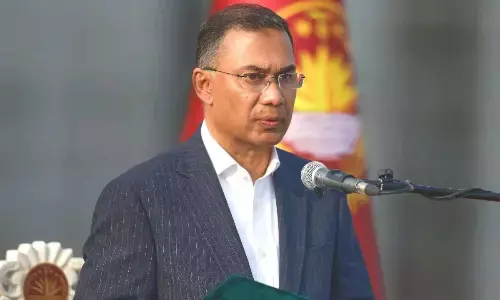When is Mahalaya 2023? Date, history, meaning and celebrations
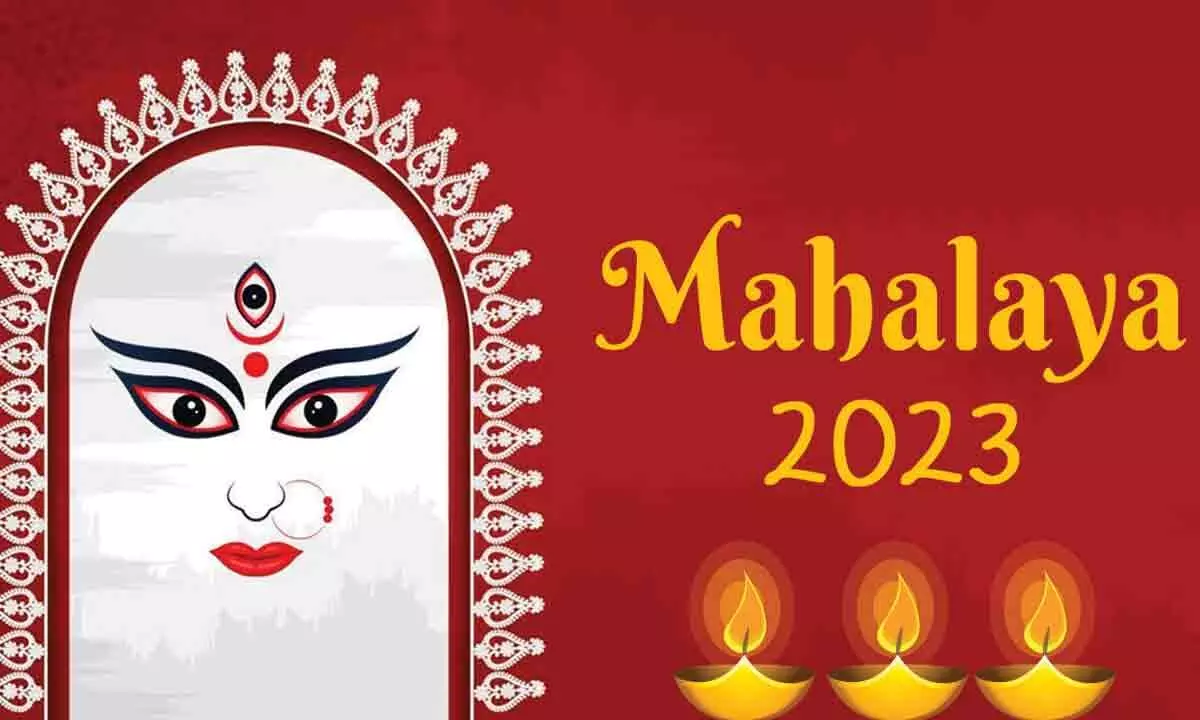
In the vibrant tapestry of Indian culture, Mahalaya stands as a special thread connecting the living to the departed.
MAHALAYA 2023: In the vibrant tapestry of Indian culture, Mahalaya stands as a special thread connecting the living to the departed. Followers of Maa Durga commemorate this auspicious festival a week before the global start of Durga Puja festivities. It signifies the initiation of Devi Paksha or the age of the goddess. It falls on the last day of Pitru Paksha, a 16-day lunar period during which Hindus pay homage to their ancestors or Pitras. Therefore, Mahalaya signifies the advent of Goddess Durga and begins the festival dedicated to the worship of her, Durga Puja.
Significance:
During Mahalaya, elder members of the family pay homage to their ancestors by performing Tarpan, a ceremony in which water is offered to the souls of their ancestors on the banks of the Ganges. The festival is marked by a specific date and time and has deep cultural and spiritual significance, weaving stories of devotion, nostalgia and the triumph of good over evil.
The festival’s date, time, cultural significance and celebration are mentioned below.
Mahalaya 2023: Date and time
Mahalaya falls typically on the last day of the dark fortnight of the lunar month of Bhadra (usually in September or October). This year, it will be celebrated on October 14. The date is determined based on lunar calculations and marks the beginning of Devi Paksha, a special time dedicated to the worship of Goddess Durga.
The lunar calendar governs the day and its calendar varies each year. At Mahalaya, Amavasya Tithi starts at 9:50 pm m. on October 13, 2023 and ends at 11:24 pm m. on October 14, 2023. According to Drik Panchang, Kutup Muhurat will last from 11:44 am to 3:44 pm m. to 12:30 pm m. Rohina Muhurat from 12:30 to 1:16 pm and Aparahna Kaal from 1:16 pm to 3:35 pm.
Mahalaya 2023: Cultural significance
The Invocation of the Goddess
Mahalaya means the day when the Devi Mahatmya, a sacred text honouring the goddess, is chanted to invoke the presence of the goddess Durga. This is seen as a spiritual call to receive the divine mother and seek her blessings and protection.
Remembering the Ancestors
Mahalaya is also observed as a day to pay homage to ancestors. Families perform a ritual called “Tarpan” where they offer water and prayers to the souls of the deceased. Their blessings and guidance are believed to be vital for the upcoming festivities.
The unleashing of the Chandi path
The Chandi Path, a recitation of verses from the Devi Mahatmya, takes place at Mahalaya. It tells the story of the fierce battle between Goddess Durga and the demon Mahishasura, symbolizing the triumph of good over evil. This narrative sets the stage for the Durga Puja festival.
Mahalaya 2023: Celebrations
Various activities and rituals mark the Mahalaya celebration:
Austerity Before Dawn
Devotees wake up early in the morning and offer prayers to the Sun God, marking the beginning of Mahalaya. Many people take a ritual bath in sacred rivers or temples.
Tarpan
Families gather to perform Tarpan, offering water, flowers and food to their ancestors. This act is a solemn and emotional connection between the living and the deceased.
Chandi Road
Recitation of the Chandi Path is an essential part of the Mahalaya. Devotees visit temples and participate in communal prayers, seeking the blessings of Goddess Durga.
Cultural programs
In various parts of India, people participate in cultural events, dance dramas and artistic performances. These events add to the festive atmosphere and create a sense of togetherness.
Listening to Mahisasura Mardini
The radio broadcast of Mahisasura Mardini by Birendra Krishna Bhadra is a central part of the Mahalaya celebrations. Families gather around their radio set, which fills the air with an enchanting aura.




